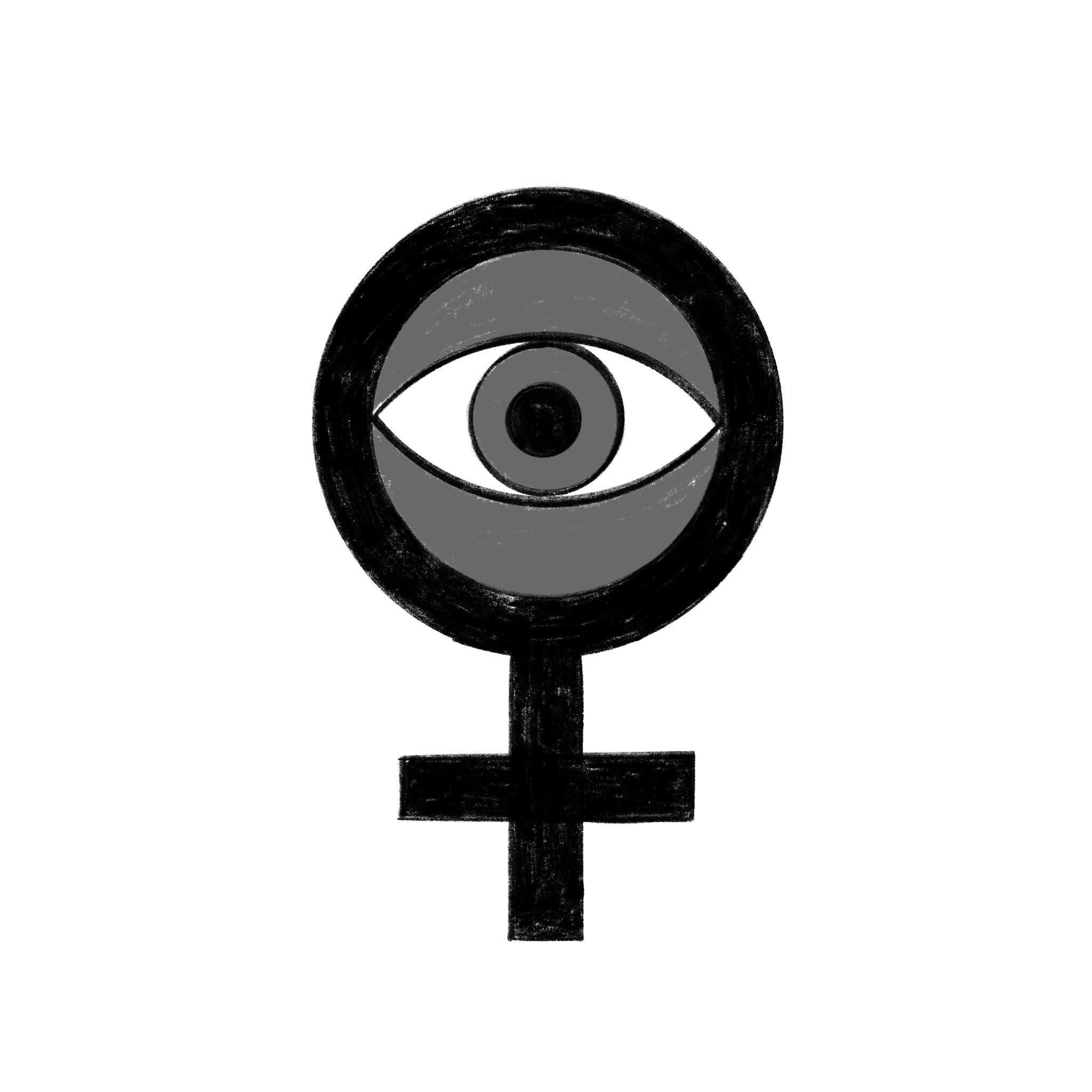Gaslight, gatekeep, girlboss: Female spies
November 8, 2024
 Henry Abbott
Henry AbbottWhat wartime role is more romanticized than that of a spy? Anyone can dream up high-stakes situations, cool equipment and secret missions, but can you name a single American spy besides Nathan Hale? Oh, you can? Great! How about one who’s a woman?
American history is full of the untold stories of female spies, and never were they more important than during the Civil War. In the mid-1800s, women’s levels of education and their awareness of social issues were rising rapidly. At the same time, women were still largely underestimated and overlooked by most men, making them the perfect spies.
The most famous female Civil War spy is a household name for other reasons than why she is featured here. Harriet Tubman is known to us not as a Civil War spy and nurse but as a legendary hero who led slaves to freedom on the Underground Railroad. As if freeing over 70 people wasn’t enough, Harriet Tubman spent the Civil War as a nurse and Union spy. Tubman’s pre-war operations led to her recruitment as a leader of the quickly forming community of liberated African Americans in the Union camps. She traveled behind enemy lines to gather intelligence, planned attacks and led plantation raids. The Combahee River raid was especially sensational, with Tubman using detailed intelligence to free over 750 slaves and torch multiple plantations without a single Union loss. Tubman’s antebellum and wartime feats show great reserves of strategy and cunning but also a tremendous amount of valor. Tubman lived on a plantation in Maryland until she was about 26, suffering physical abuse and overwork since childhood. If she had been caught on one of her espionage missions, she could have been returned to slavery, jailed or executed. Yet Tubman repeatedly led missions into the South, endangering her life to protect her family and serve her country. She was never caught. For those interested in a graphic-novel summary of Tubman’s life, I recommend “The Underground Abductor” by (a different) Nathan Hale.
Major Pauline Cushman may not be as legendary as General Tubman, but her life was far from average. She left her hometown on the frontier to seek fame on Broadway but ended up as a semi-famous actress in the South. Cushman began her spying career when Confederate soldiers offered to pay her to make a toast to the Confederacy during a Kentucky performance—something she agreed to do after consulting with a nearby Union colonel. He must have thought she did a good acting job, because he offered her a job as a Union spy the very next day. Posing alternatively as a southern woman and a male Confederate official, Cushman shut down sabotage missions and prevented the arrival of important army missives. Cushman’s luck ran out when she was captured while trying to gather information about the Confederate army in Tennessee. She was sentenced to hang but fell ill with typhoid fever, leading the army to leave her behind when it retreated under Union assault. Cushman quit spying but was named “Major of Calvary” and spent several years touring the nation in uniform and telling exaggerated tales of her spy missions.
Considering that she was a southern belle from a slaveholding family, Elizabeth Van Lew’s politics could have been a lot worse. She was educated in the North and held strong anti-slavery sentiments, financing her slaves’ educations and encouraging them to live and work on their own terms. Even so, Van Lew owned people, which is never anything but a bad thing. Like generations of wealthy Virginians before them (looking at you, Thomas Jefferson), Van Lew and her family were unwilling to sacrifice their place in Richmond’s slaveholding social circles despite their beliefs. But during the Civil War, Van Lew’s social status became not a stain on her character but a major advantage for the Union army. Van Lew exchanged messages with and even arranged escapes for prisoners of war being kept at Libby Prison. The prison warden observed Van Lew’s visits to the prison with a fond smile, reflecting on the kindness of the female spirit all while espionage was conducted right under his nose. Outside the prison, Van Lew arranged a spy network to pass information to the Union. Her efforts as a spy finally brought about the dramatic fall of her reputation in Southern circles, but she was commended by General Grant himself—and, honestly, I’d rather Grant think I’m brave than a bunch of racist southern ladies.
Espionage has a central place in America’s wartime accomplishments. So why are the achievements of the courageous female spies of the Civil War so sparsely known? There’s a simple answer: These ladies were good enough at their jobs to (for the most part) escape capture and exposure. The best spies are the ones we don’t learn about—so their current lack of infamy is just what Tubman, Cushman and Van Lew would have hoped for in their days behind enemy lines.

Comments
Before submitting a comment, please review our comment policy. Some key points from the policy: